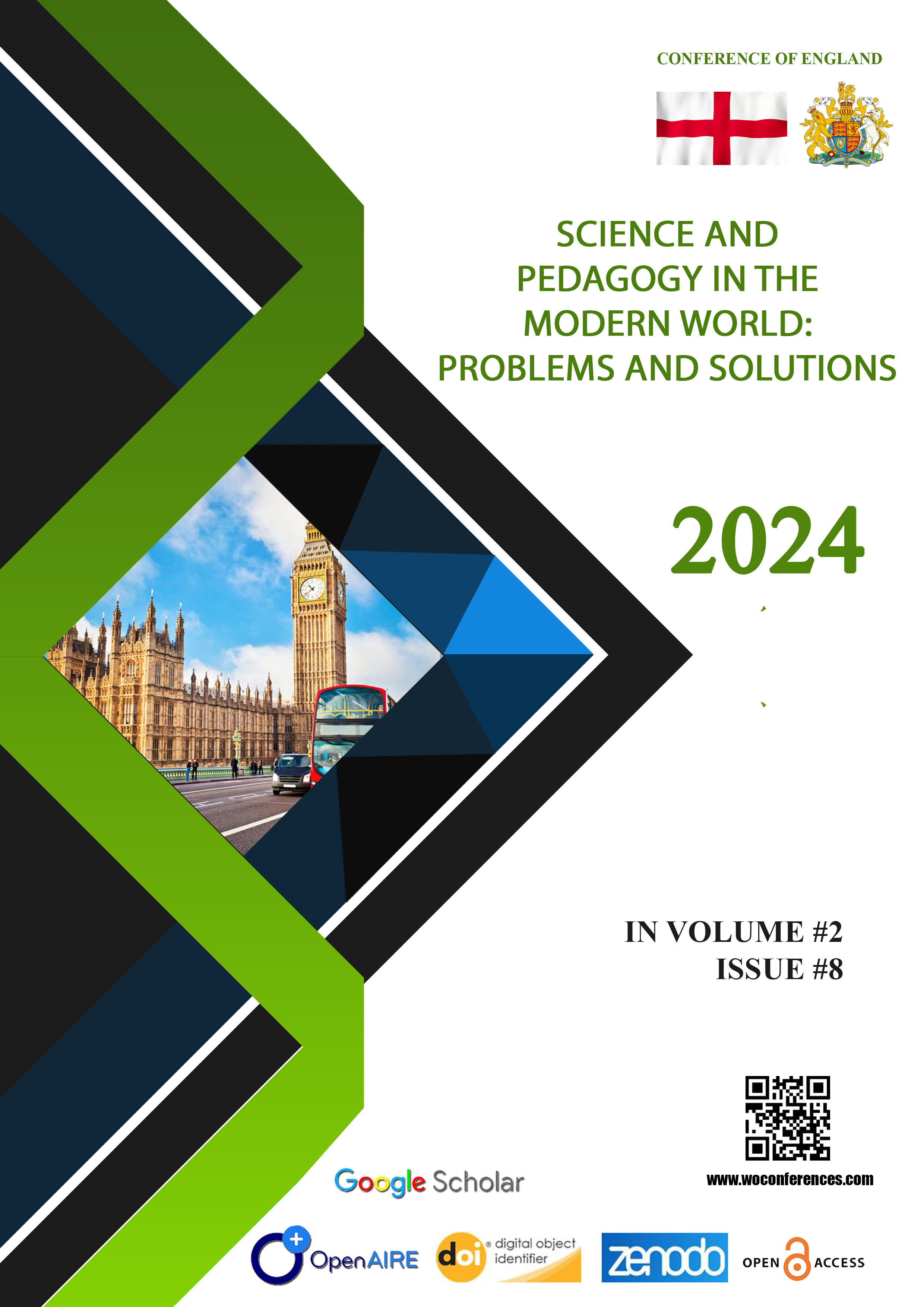THE ANALYSIS OF COGNITIVE PSYCHOLOGY IN LINGUISTICS IN HIGHER EDUCATION AMONG LEARNERS OF ENGLISH
Abstract
This article analyzes the role of cognitive psychology in linguistics, specifically among learners of English in higher education. The study focuses on the cognitive mechanisms involved in language acquisition, including working memory, attention, and long-term memory, and how these processes affect linguistic proficiency in academic contexts. The article also explores the challenges ESL learners face, such as cognitive overload and language anxiety, and emphasizes the importance of metacognitive strategies for self-regulation and improved language learning. The integration of cognitive psychology insights into language education can enhance learning outcomes and facilitate more effective teaching methods for English learners.
Keywords: Cognitive psychology, linguistics, working memory, attention, language acquisition, ESL learners, higher education, metacognition, language proficiency, cognitive overload, language anxiety
References
1. Baddeley, A. D. (2003). *Working memory and language: An overview*. Journal of Communication Disorders, 36(3), 189-208.
2. Cummins, J. (2008). *BICS and CALP: Empirical and theoretical status of the distinction*. In B. Street & N. H. Hornberger (Eds.), *Encyclopedia of language and education* (Vol. 2, pp. 71-83). Springer.









